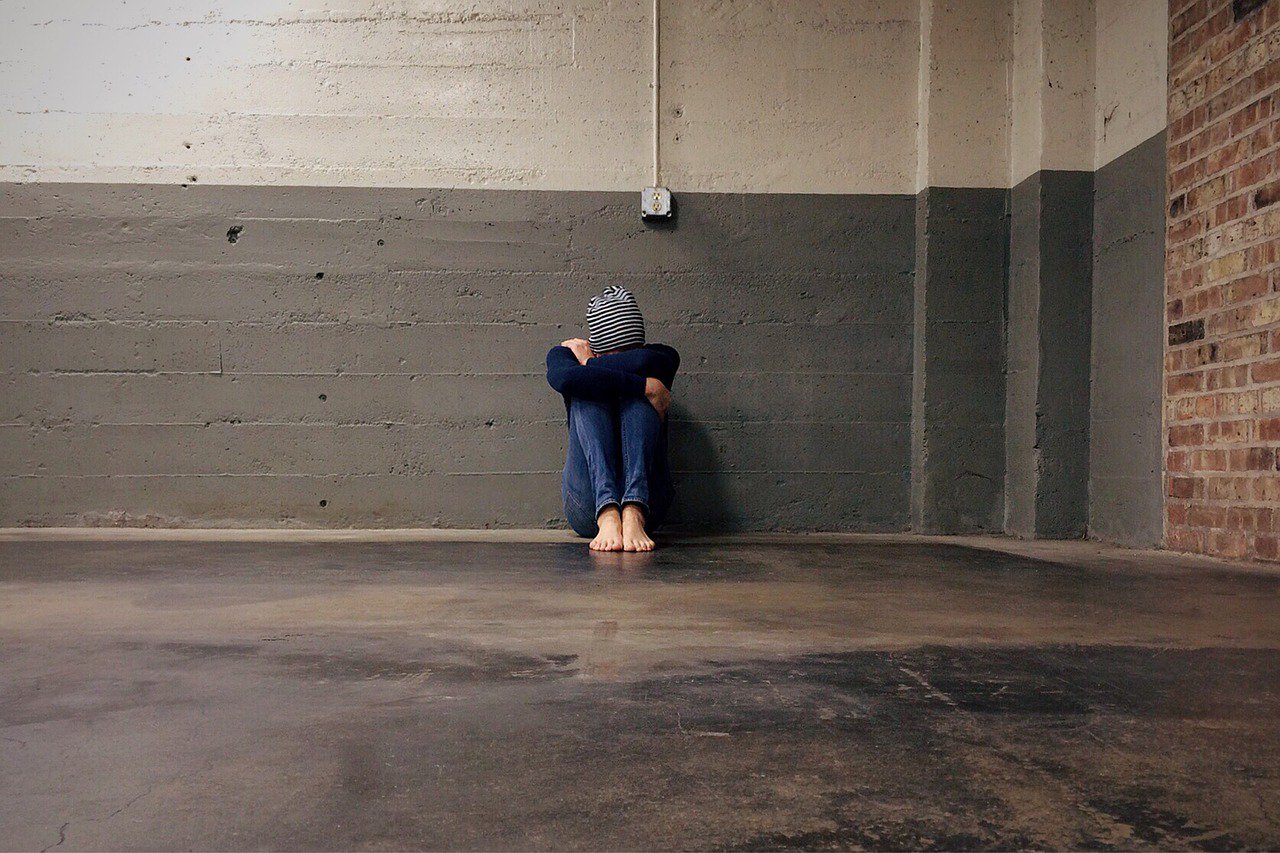Schizophrenia vs. Psychosis: What’s the Difference?
Schizophrenia and psychosis have many similarities, but they also have many differences. Schizophrenia and psychosis are not the same, though some people use the two terms interchangeably. The biggest difference between schizophrenia and psychosis is that psychosis is a symptom or a group of symptoms (syndrome) while schizophrenia is a disorder. Patients who have schizophrenia […]
Read More









 The goal is to facilitate early identification of those experiencing extreme states in order to decrease the duration for untreated symptoms and reduce disruption to the young person’s psychosocial development through a collaborative, recovery oriented intervention.
The goal is to facilitate early identification of those experiencing extreme states in order to decrease the duration for untreated symptoms and reduce disruption to the young person’s psychosocial development through a collaborative, recovery oriented intervention.